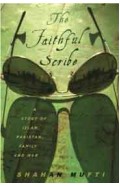Tamils and the Nation - India and Sri Lanka Compared
By: Madurika Rasaratnam
-
Rs 1,527.75
- Rs 3,395.00
- 55%
You save Rs 1,867.25.
Due to constant currency fluctuation, prices are subject to change with or without notice.
Tamils and the Nation - India and Sri Lanka Compared
By: Madurika Rasaratnam
Rs 1,527.75 Rs 3,395.00 Ex Tax :Rs 1,527.75
Zubin Mehta: A Musical Journey (An Authorized Biography)
By: VOID - Bakhtiar K. Dadabhoy
Rs 472.50 Rs 1,050.00 Ex Tax :Rs 472.50
Sideways on a Scooter: Life and Love in India
By: Miranda Kennedy
Rs 1,235.00 Rs 1,900.00 Ex Tax :Rs 1,235.00
The Mughal Throne The Saga Of Indias Great Emperors
By: Abraham Eraly
Rs 3,196.00 Rs 3,995.00 Ex Tax :Rs 3,196.00
The Great Game On Secret Service In High Asia
By: Peter Hopkirk
Rs 1,296.75 Rs 1,995.00 Ex Tax :Rs 1,296.75
From Third World to First Intl Singapore And The Asian Economic Boom - (PB)
By: Lee Kuan Yew
Rs 2,396.00 Rs 2,995.00 Ex Tax :Rs 2,396.00
The Faithful Scribe: A Story of Islam Pakistan Family and War
By: Shahan Mufti
Rs 1,212.75 Rs 2,695.00 Ex Tax :Rs 1,212.75
No similar books from this author available at the moment.
No recently viewed books available at the moment.
Zubin Mehta: A Musical Journey (An Authorized Biography)
By: VOID - Bakhtiar K. Dadabhoy
Rs 472.50 Rs 1,050.00 Ex Tax :Rs 472.50
Tamils and the Nation - India and Sri Lanka Compared
By: Madurika Rasaratnam
Rs 1,527.75 Rs 3,395.00 Ex Tax :Rs 1,527.75











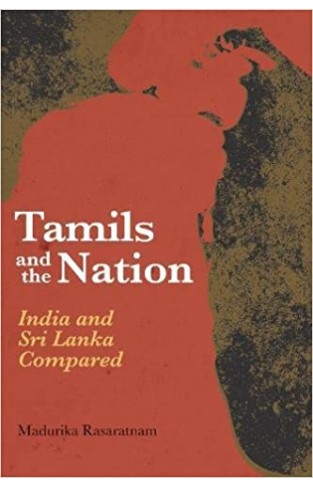
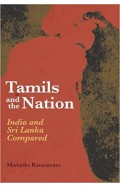
-120x187.jpg?q6)





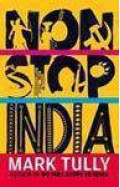


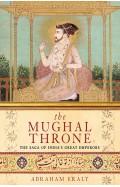
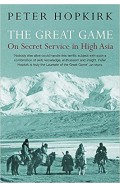
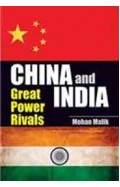
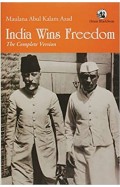
-120x187.jpg?q6)
